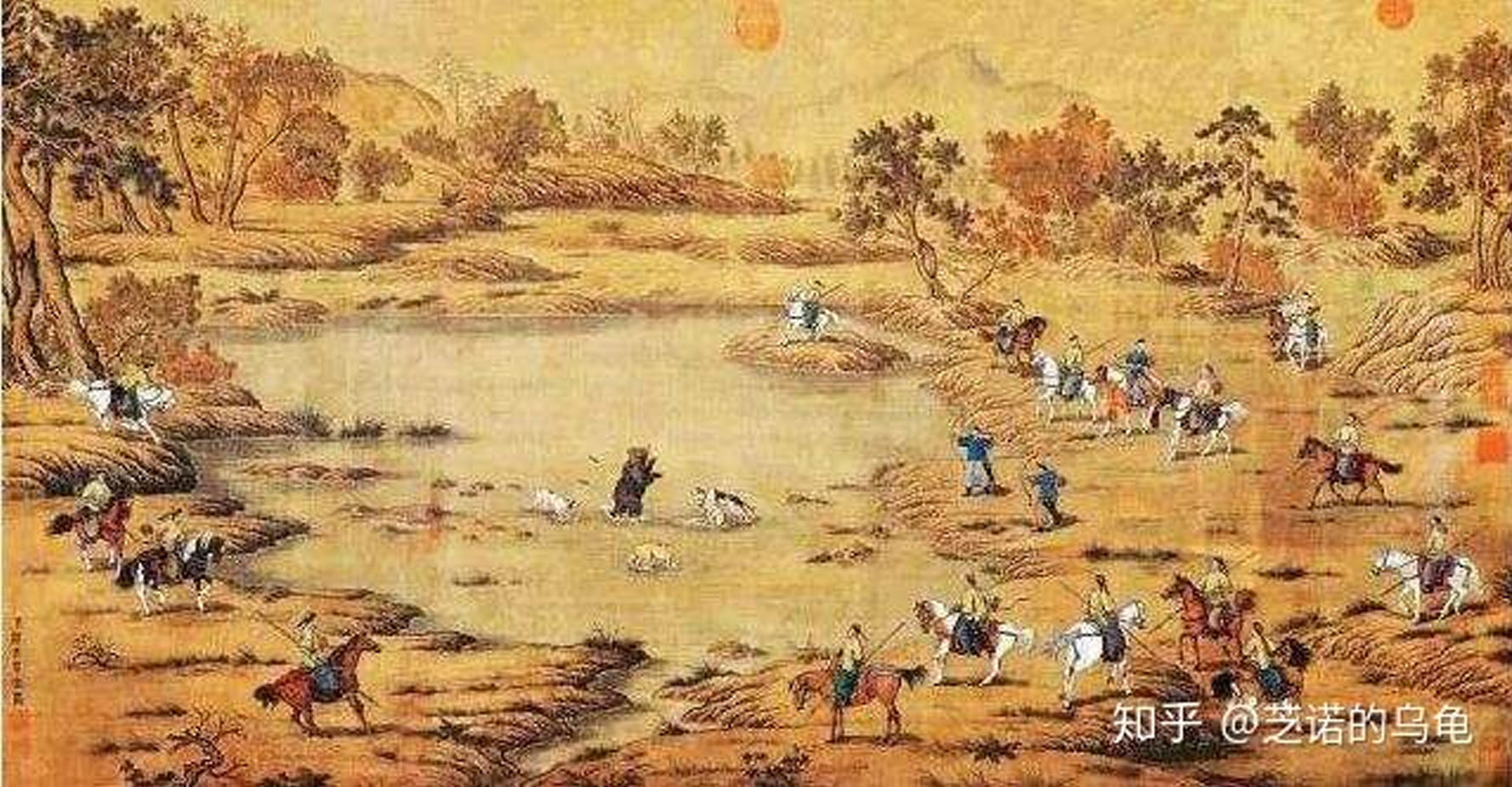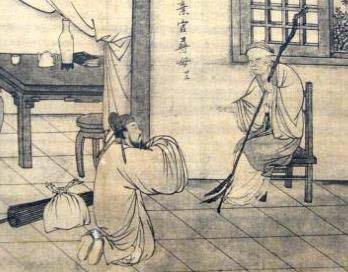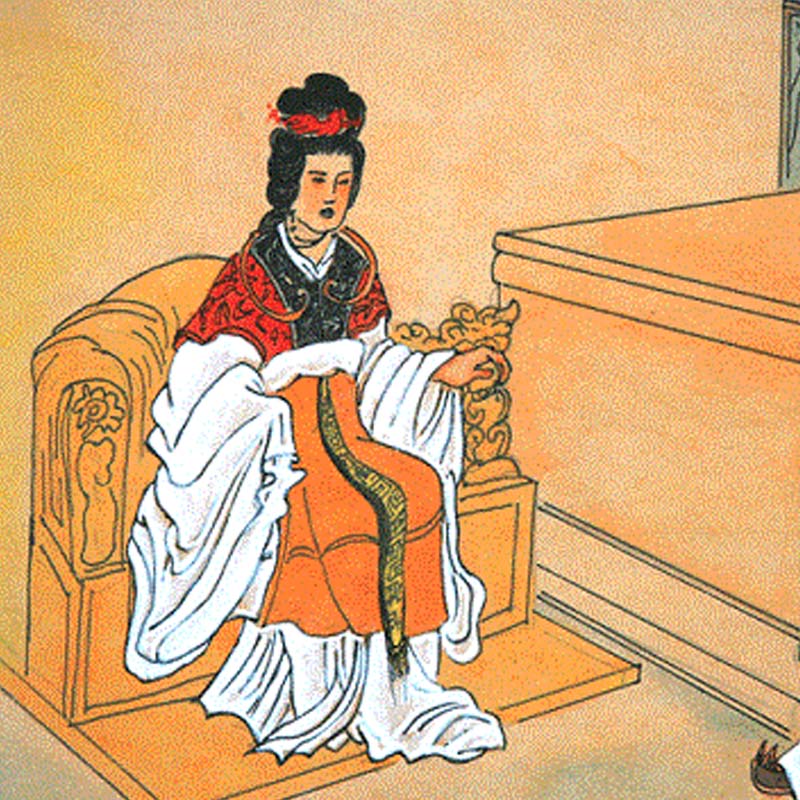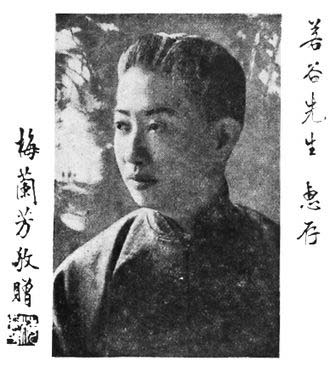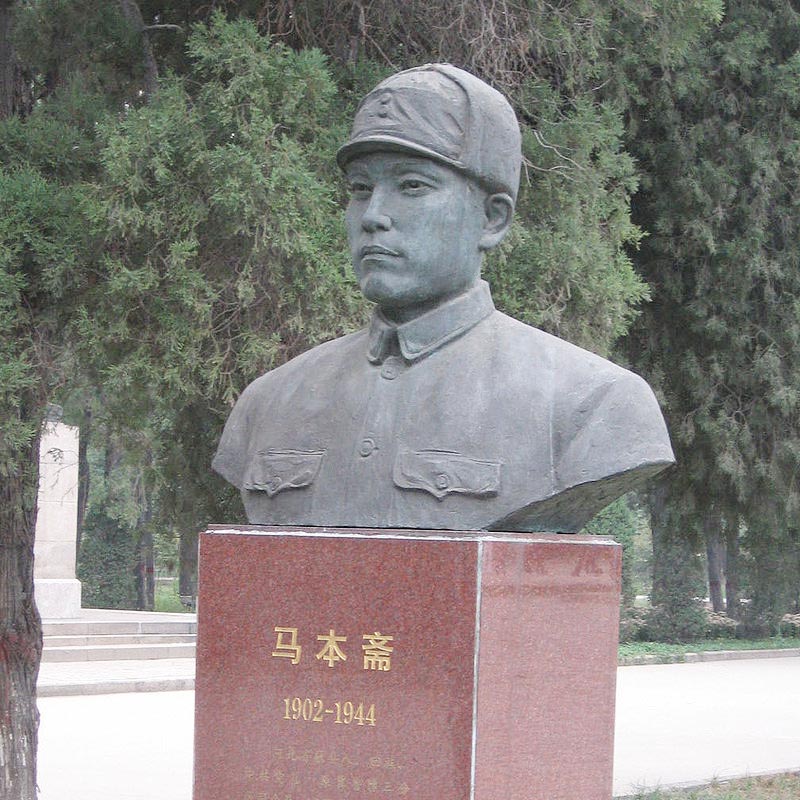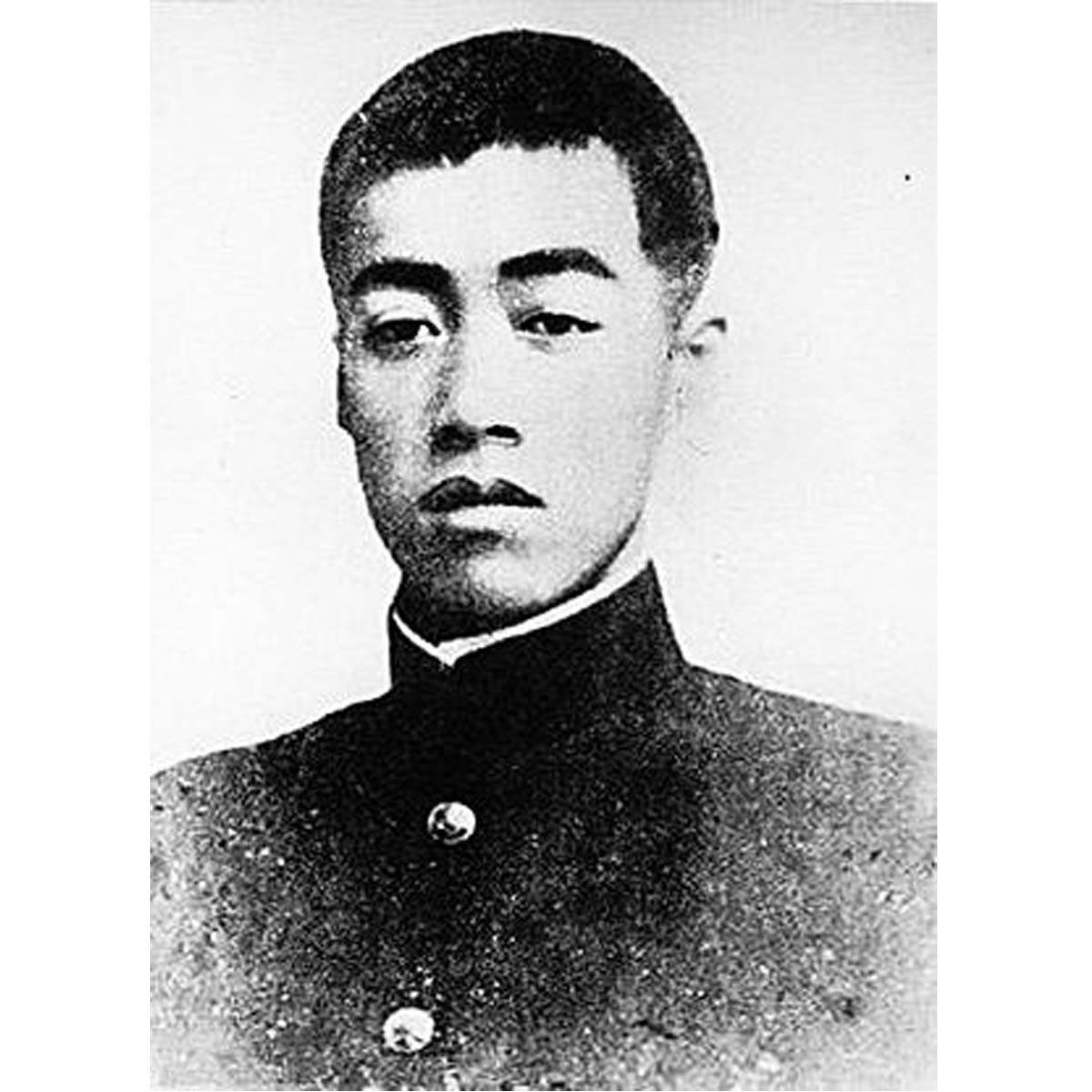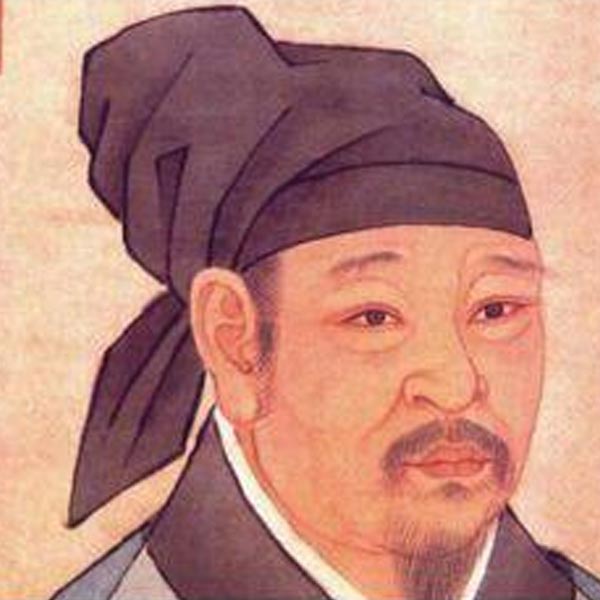One day in February of 444 A.D., during the Northern Wei (北魏) Dynasty, Minister Gu Bi (古弼) went to pay respects to the emperor and suggest to him that part of the garden park in Shang Gu (上谷) be distributed to the landless peasants. At the time, the emperor was playing weiqi (圍棋) or Go […]
Bayan muna: Unafraid of the emperor
